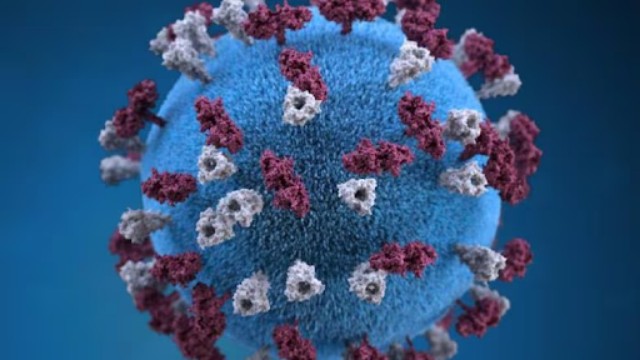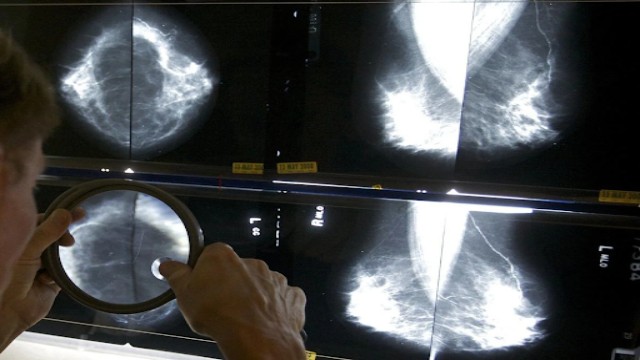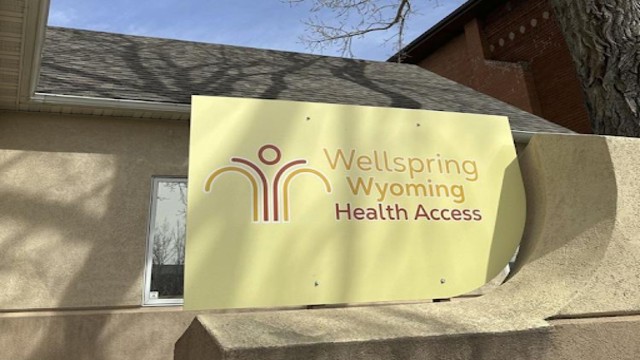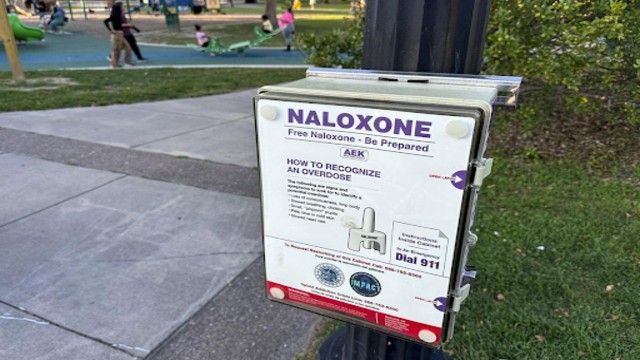
Higgs has not ruled out using the notwithstanding clause to force through legislation that would allow authorities to put people with drug addiction into treatment against their will. THE CANADIAN PRESS/Stephen MacGillivray
New Brunswick's Premier Blaine Higgs has stated that he hasn't ruled out the possibility of using a constitutional provision known as the notwithstanding clause to implement legislation that would authorize authorities to compel certain individuals into drug treatment programs.
During a press briefing on Tuesday, Higgs revealed that the proposed legislation, titled the Compassionate Intervention Act, is not yet finalized for presentation. However, he emphasized that the option of utilizing the notwithstanding clause, which shields bills from legal challenges related to violations of Charter rights, remains on the table. He suggested that further discussions and deliberations are necessary once the bill is introduced in May, postponing its tabling, initially slated for the current week.
The Compassionate Intervention Act aims to facilitate the placement of individuals suffering from severe drug addiction into treatment programs following consultations with their families, medical professionals, and law enforcement officials. Public Safety Minister Kris Austin elaborated on the rationale behind the bill, highlighting the objective of helping individuals who are deeply entrenched in addiction to reclaim sobriety through medical intervention. Austin emphasized that the intent is not to indiscriminately coerce individuals into treatment but rather to intervene on behalf of those whose addiction has significantly impaired their ability to make informed choices about their health and well-being.
However, concerns have been raised regarding the potential violation of Charter rights if individuals are forcibly placed into treatment programs. Wayne MacKay, a legal expert from Dalhousie University, expressed apprehension about the prospect of compelling individuals into treatment against their will, citing it as a clear infringement on their freedom and right to autonomy. He further noted that targeting individuals with drug addiction may raise issues related to equality rights, as it singles out a specific group based on their disability.
Andrew McDougall, a political science professor at the University of Toronto, shed light on the notwithstanding clause's function within the Canadian legal framework. He explained that governments may invoke this clause preemptively to shield legislation from potential Charter challenges, particularly when there are concerns about the legislation's compliance with Charter rights. McDougall referenced previous instances where provinces like Quebec and Saskatchewan had employed the notwithstanding clause to safeguard contentious legislation, albeit acknowledging that its utilization is considered an extraordinary measure due to its implications.
Despite potential legal challenges, MacKay emphasized that the courts have limited authority to block the use of the notwithstanding clause based solely on perceived undesirability. He underscored that political accountability for its utilization lies primarily with the electorate, with the clause subject to renewal every five years.
In summary, the possibility of employing the notwithstanding clause to enact legislation compelling individuals into drug treatment programs has sparked debate and raised questions about its compatibility with Charter rights and principles of individual autonomy. While proponents argue for the necessity of such measures in addressing severe cases of addiction, critics caution against potential infringements on fundamental rights and freedoms. The ultimate decision on the use of the notwithstanding clause and the adoption of the Compassionate Intervention Act rests with the government, pending further discussions and considerations.















